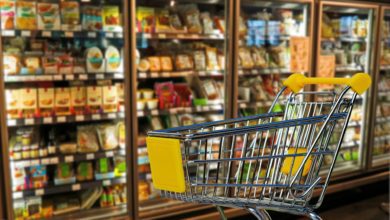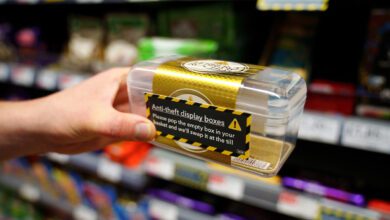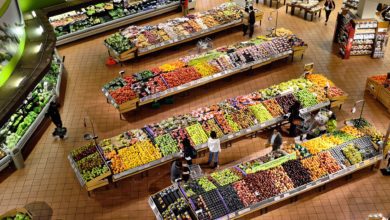Supply Chain
Food supply chains ‘in danger’ under Brexit

The British Retail Consortium (BRC) has warned about the potential for damaging consequences for UK consumers and EU producers if a Brexit agreement is not reached between the EU and UK from 29 March 2019.
You'll need to
subscribe to unlock this content. Already subscribed? Login?







